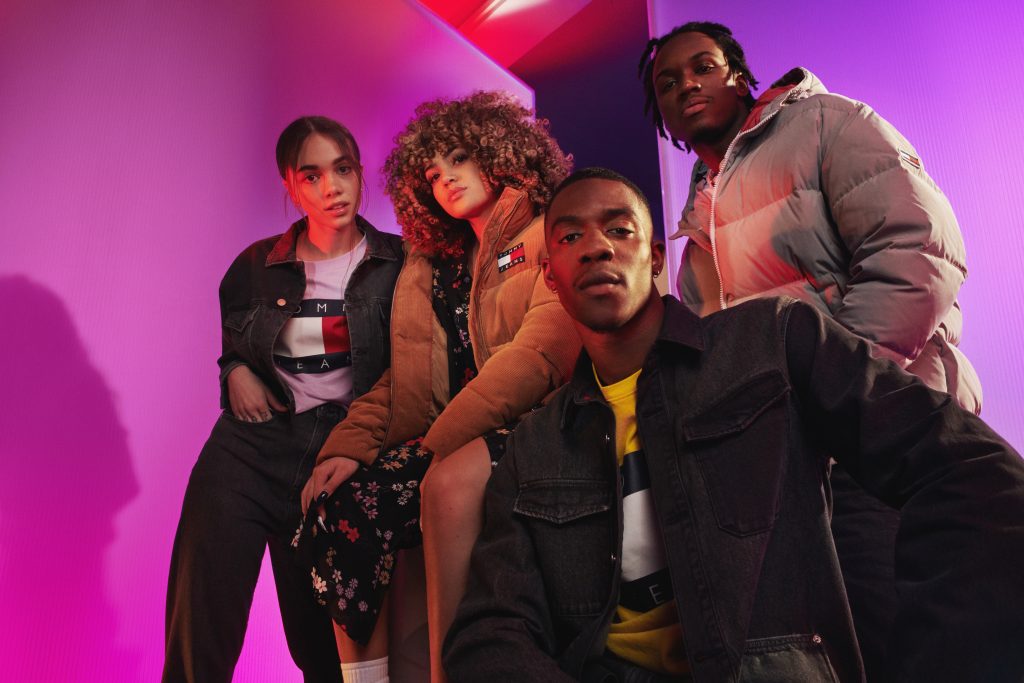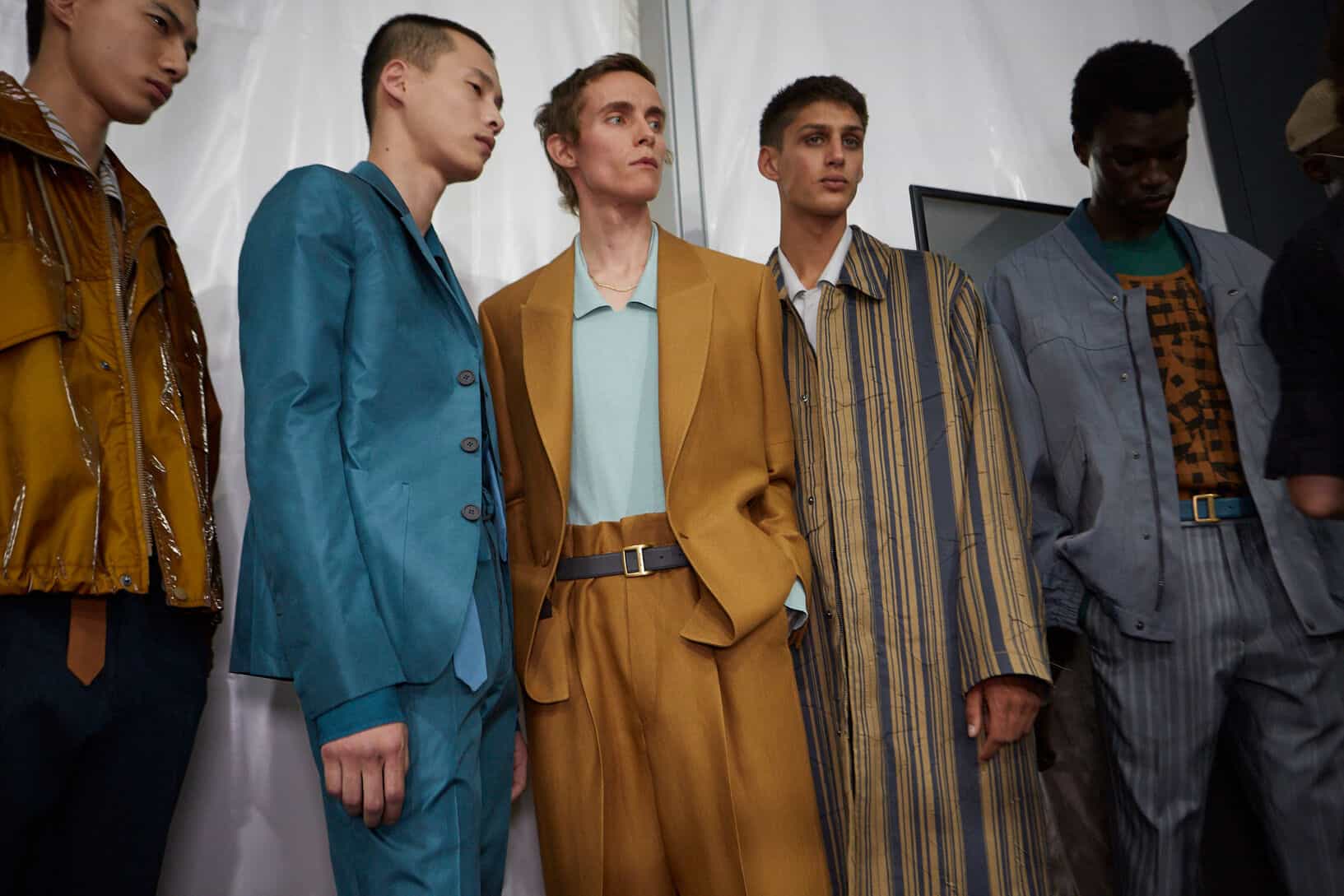32 FASHION COMPANIES SIGN ENVIRONMENTAL ‘FASHION PACT’ AHEAD OF G7

Thirty-two of the world’s leading fashion companies – including Adidas, Nordstrom, Ermenegildo Zegna, Nike, and PVH Corp. – have joined a new coalition that has pledged to set practical steps to reduce the environmental impact of the apparel industry.
The Fashion Pact, as it’s called, has been unveiled by French President Emmanuel Macron and François-Henri Pinault, CEO of luxury goods group Kering, ahead of the G7 Summit meeting in Biarritz, France to be held August 24th through August 26th.
Stated goals are designed to “meet the pressing global environmental issues of this era,” and include eliminating single-use plastics, using renewable energy, and promoting regenerative agriculture.
Signatories cover luxury, fashion, sports, and lifestyle brands, as well as retailers and suppliers, who have committed to establishing specific goals based on the Science-Based Targets (SBT1) initiative to restore biodiversity, protect the oceans, and tackle the climate crisis by achieving net-zero greenhouse gas emissions by 2050 in order to keep global warming below 1.5 degrees Celsius between now and 2100.

To date, the Fashion Pact coalition comprises: Adidas, Bestseller, Burberry, Capri Holdings Limited, Carrefour, Chanel, Ermenegildo Zegna, Everybody & Everyone, Fashion3, Fung Group, Galeries Lafayette, Gap, Inc., Giorgio Armani, H&M Group, Hermès, Inditex, Karl Lagerfeld, Kering, La Redoute, MatchesFashion.com, Moncler, Nike, Nordstrom, Prada Group, Puma, PVH, Corp., Ralph Lauren, Ruyi, Salvatore Ferragamo, Selfridges Group, Stella McCartney, and Tapestry, Inc.
The Fashion Pact is the result of a challenge President Macron set Pinault ahead of the G7 meeting in April this year. Its aim is to encompass at least 20 percent of the global fashion industry as measured by the volume of products, according to the text of the document, which also says the Pact is “responding to the urgent need to focus action on the ‘gaps’ in existing initiatives.”
“In particular we need to address the interface of our business with nature so that all commitments will focus on the ‘first mile’ of fashion supply chains, as a big unaddressed part of the impacts of the industry are felt at farm level and in raw material sourcing locations,” the Pact says.
It also emphasizes that the new commitment “will not reinvent the wheel but create an overarching framework for action,” building on existing initiatives such as Apparel Impact Institute, C&A Foundation, Ellen MacArthur Foundation, Fair Fashion Center, Fashion For Good, Sustainable Apparel Coalition, Textile Exchange, The United Nations Framework Convention on Climate Change (UNFCCC), UN International Labour Organization/ Better Work, and ZDHC.









